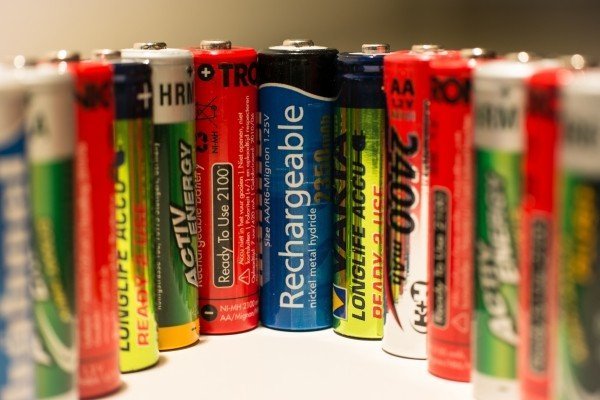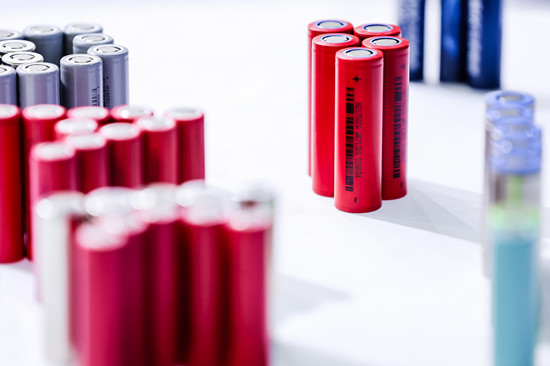Cheapest Lithium Marine Batteries Safety and Buying
Mar 05, 2020 Pageview:1283
Are lithium batteries safe on boats?
Lithium ion batteries have come a long way in the field of marine applications. There are now Lithium ion batteries that have 100 amp hour power. These Lithium ion batteries are the same size as the conventional Group 27 batteries that were used widely in boats. Since most boats are designed with battery compartments that suit the Group 27 batteries, having Lithium ion batteries with the same size is a huge plus. Moreover, Lithium ion batteries have an internal battery management mechanism called (Battery Management System BMS), you will not need to replace your shore power charger, alternator, solar and or wind. Even your battery monitor will not need to be replaced. The BMS in the Lithium ion batteries will cut off charging before overcharging reached. And will also cut off loads before any discharging happens. Previously with Lithium ion battery, fire was a huge concern. However, with the new technology introduced by the manufacturing of the LiFePO4 Lithium ion batteries that is a thing of the past. As a matter of fact, LiFePO4 batteries are safer than conventional wet cell lead acid batteries that were previously used in boats.
There is a downside for using Lithium ion batteries anyways. Which is the cost of the battery. Lithium batteries, in general, are not cheap by any means. A 100 Ah battery will cost around $1050, which is quite expensive, especially when compared to the conventional lead acid batteries. On the bright side, with Lithium ion batteries you will get your money's worth. Lithium batteries should last you at least ten years. Which is approximately twice as long as the wet cell lead acid batteries.
How long do lithium marine batteries last?
There are a lot of advantages to using a Lithium ion battery on your boat. Some of these advantages are:
Lithium batteries should last you at least ten years. Which is approximately twice as long as the wet cell lead acid batteries.
Lithium ion batteries need fewer Amp-Hours. Previously battery bank was 345 amp-hours of wet lead acid batteries, and it could not be discharged for more than 50%. With Lithium ion batteries, they can be discharged 100%, however, we do recommend to only discharge them 80% for them to last longer.
Lithium ion batteries lose less capacity over time when compared to the wet lead acid batteries that were conventionally used.
Lithium ion batteries are extremely lightweight when compared to the conventional lead acid batteries. They weigh around half what the deep cycle lead acid battery does. This makes it easier to move the batteries in and out of the boat. While also means less weight on the boat's motor to handle while operating.
Lithium ion batteries have a higher resting voltage than conventional lead acid batteries. Fully charged lead acid batteries rest at 12.6 to 12.8 volts. While fully charged Lithium ion batteries rest at 13.2 volts.
Lithium ion batteries have the ability to run heavy loads. They can put out many amps without any damages to the batteries' cells. Unlike the deep cycle lead acid batteries that cannot simply keep pumping out amps and maintain the voltage at the same time.
Lithium ion batteries do not require a separate starting battery with different technology. They will not be hurt by the heavy load that your boat's starter or windlass put on them. Unlike the lead acid batteries that require a separate battery for that, otherwise, they will be damaged.
Lithium ion batteries offer an extremely faster charging time than that of the lead acid batteries. That is due to the fact that Lithium ion batteries can take higher charging amps for a higher percentage of their capacity than what any lead acid battery could possibly take.
Lithium ion batteries do not waste any energy. You get around 99% of the energy you pump into them. Unlike the lad acid batteries that give you around only 85% of what you put into them.
Lithium ion batteries require zero maintenance. You do not have to water the lithium ion batteries as the lead acid batteries.
How do you buy the cheapest lithium marine batteries with good quality?
When it comes to Lithium ion marine batteries, there are many companies that offer great deals on the market. Currently, Lithium ion batteries are quite expensive especially when it is compared to the conventionally used lead acid batteries. However, as we have mentioned before, the benefits you reap from using Lithium ion batteries trumps the heavy coast and make it worth every penny in the long run.
With that said, when choosing a Lithium ion battery for your boat, there are some things you need this Lithium ion battery to meet in order for you to have the ultimate experience:
Look for companies that have low failure rates. There are some companies that can offer up to less than 1% failure rate/
Look for the safety ratings of the Lithium ion batteries you are about to purchase.
Do not go for those Lithium ion batteries that require a lot of installation work, instead look for the plug & play kinds. This will decrease the amount of installation work and time needed, thus reducing the installation costs.
See how much the Lithium ion battery weighs, remember, Lithium ion batteries are supposed to weigh 70% less than the conventional lead acid batteries. If that is not the case, it is recommended that you stay away from that Lithium ion battery, cause something is not right.
Look for the Depth of Discharge (DOP) rate. Most Lithium ion batteries offer a 100% DOP. Look for those ones.
Never ever buy a Lithium ion battery that lacks built-in battery protection. Every Lithium ion battery that you buy must always contain built-in battery protection. Remember that Lithium is a highly reactive material that should always be monitored. Otherwise, you risk hazardous effects.
When shopping for a Lithium ion battery for your boat, make sure that the battery is modular. This means that it can be connected in series and parallel with other Lithium ion batteries to increase voltage, power, and capacity.
- Prev Article: Lithium battery for motorhome-pros and cons
- Next Article: Lithium Vanadium Phosphate Battery-Definition and Performance
Leave Message
Hottest Categories
-
Hottest Industry News
-
Latest Industry News












